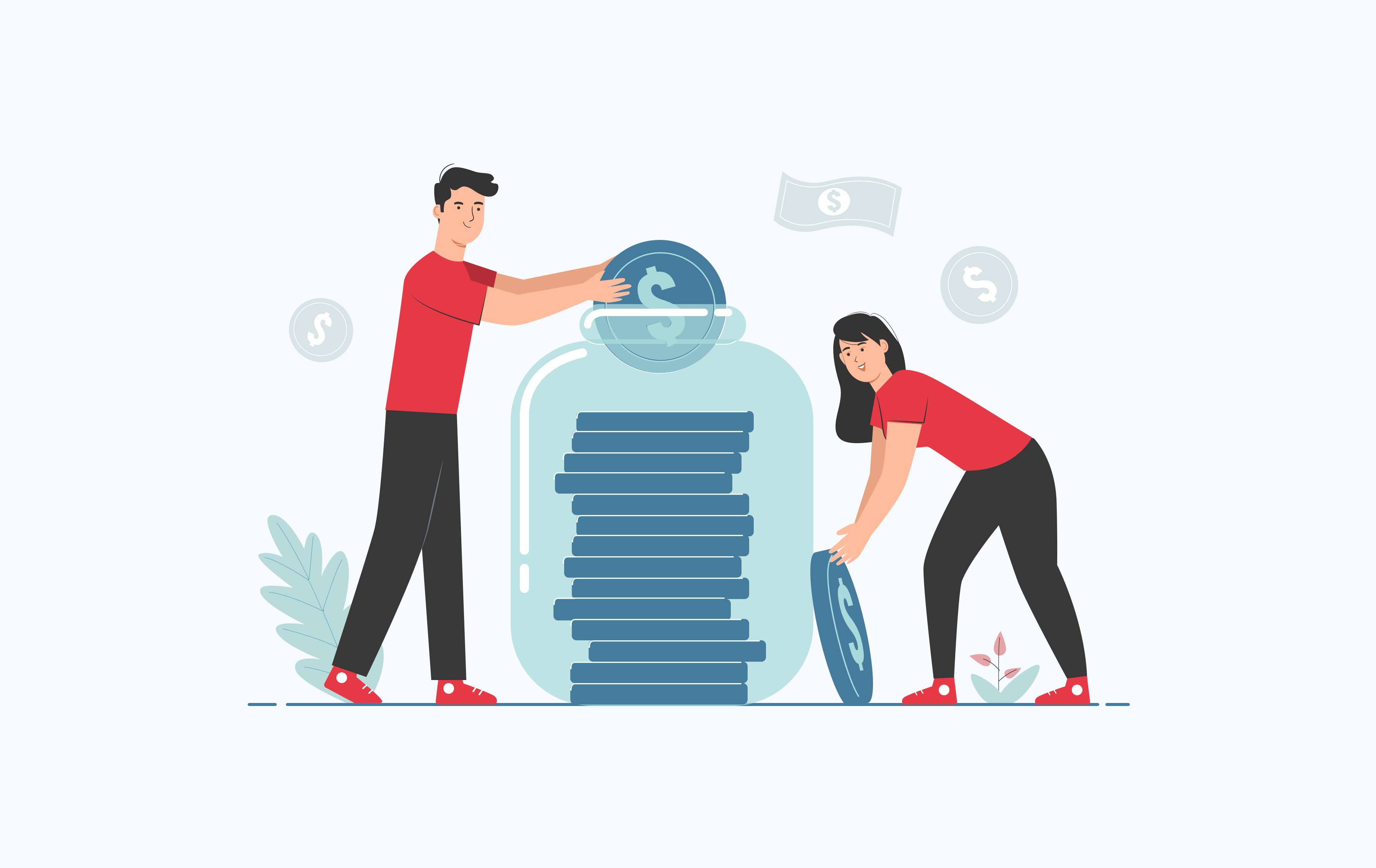Hiding money under your mattress is a thing of the past for most people but not long ago everyone was doing it.
Following money advice that was created during a completely different economic situation will hit you where it hurts the most: your bank account. Instead, update your money plan and you’ll likely find that your confidence, and finances, will soar.
Here are some old-school advices that in this day and age can be bad for your money.
You Can Buy a House You Can’t Afford
Don’t buy a house if you’re not financially ready to buy a house. Some people will buy a home at the upper limit that they can afford. They will create a super tight budget that works on paper to get the mortgage approved, but find it impossible to actually follow.
If you don’t have 20% of the value of the home saved up, you should really think long and hard about whether you should be renting instead of owning.
Prioritize Saving For Your Child’s Education
Some parents believe it’s their responsibility to pay for their child’s college education. The problem, however, is that some people save for their child’s college education at the expense of saving for their retirement. Many financial planners today are advising to prioritise retirement rather than sock all your money away for college tuition.
Check Your Credit Report Once a Year
If you’re feeling anxious about your financial health during these uncertain times, you’re not alone. In the past you could only check your report for free once a year but nowadays this is possible on a monthly basis.
This is some helpful news, because staying on top of your credit report is one important tool to help manage your financial data. Your credit report has information about your credit history and payment history — information that lenders, creditors, and other businesses use when giving you loans or credit.
Now it’s easier than ever to check your credit more often.
Never Use Credit Cards
Your parents might have put a lot of fear into you about credit cards. They probably did it because they didn’t want to see you struggle with debt or see you tempted to make impulse purchases just because your card had a high limit. To a certain extent, this is good advice. Living off of credit cards and juggling a dozen lines of credit is a poor financial decision, but having no credit at all isn’t financially wise either.
By choosing credit cards that offer excellent rewards or cash back and using them responsibly, you’ll see a wealth of benefits. As long as you continue to live within your budget, you’ll get the perks and you’ll have an excellent credit score. If you ever find yourself in a situation where you need to purchase a big ticket item, like a car, unexpectedly, your positive credit score will only help you.
Pay down debt first, then save money
The coronavirus pandemic in particular has shone a light on the many economic disparities in the world and has left millions of people struggling to make ends meet. Many have found themselves tapping into their emergency savings — or worse, wishing they had some.
There are a number of good reasons to save first and pay down debt later.
Some of the top reasons include:
- Debt with a very low interest rate
- Access to an employer 401(k) match program
- No emergency savings
If you have a credit card or other debt with a very low interest rate, it may make sense to save first. Putting off saving for retirement until you are debt-free could cost you your most valuable asset: time. With compound interest, even small contributions to your retirement plan can grow significantly.
Jeton allows users to exchange money, make secure money transfers and online purchases. The better way to send money to those you love; simpler, faster, and safer.



